uncertainty

Maggie Jackson discusses the importance of uncertainty in artificial intelligence (AI) and how it can lead to more collaborative and adaptable systems. Openly uncertain AI models are being developed to improve transparency and allow for better human-AI interaction. By constructing AI that admits its uncertainty, AI can work with humans to achieve complex goals and align with human preferences.
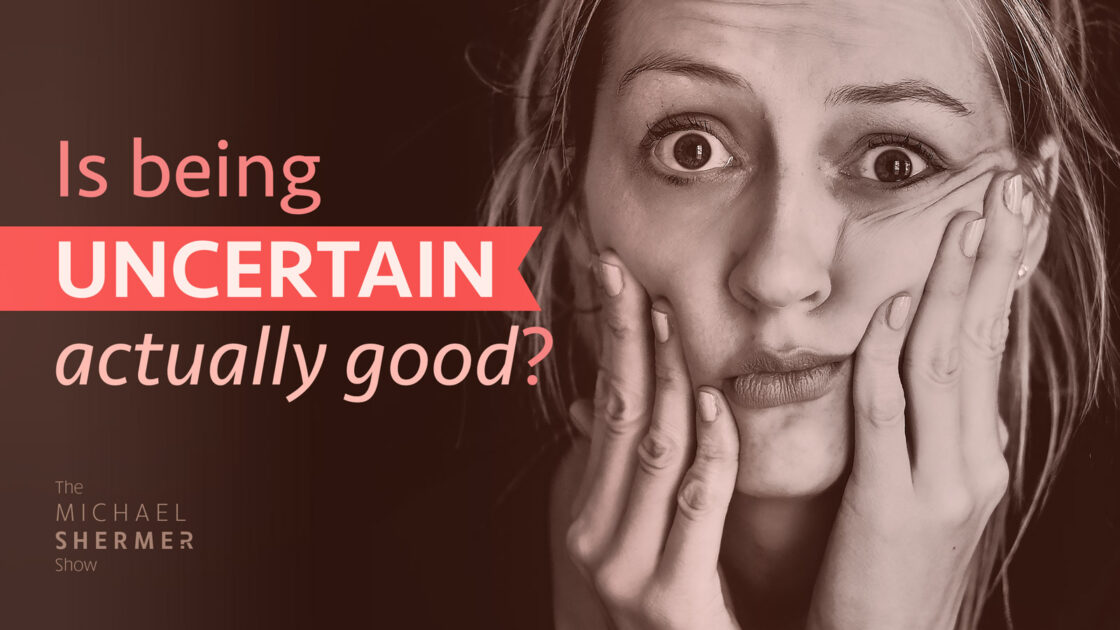
Maggie Jackson — an award-winning author and journalist known for her pioneering writings on social trends, particularly technology’s impact on humanity — explores the importance of uncertainty and the benefits it can bring in an era of unpredictability.
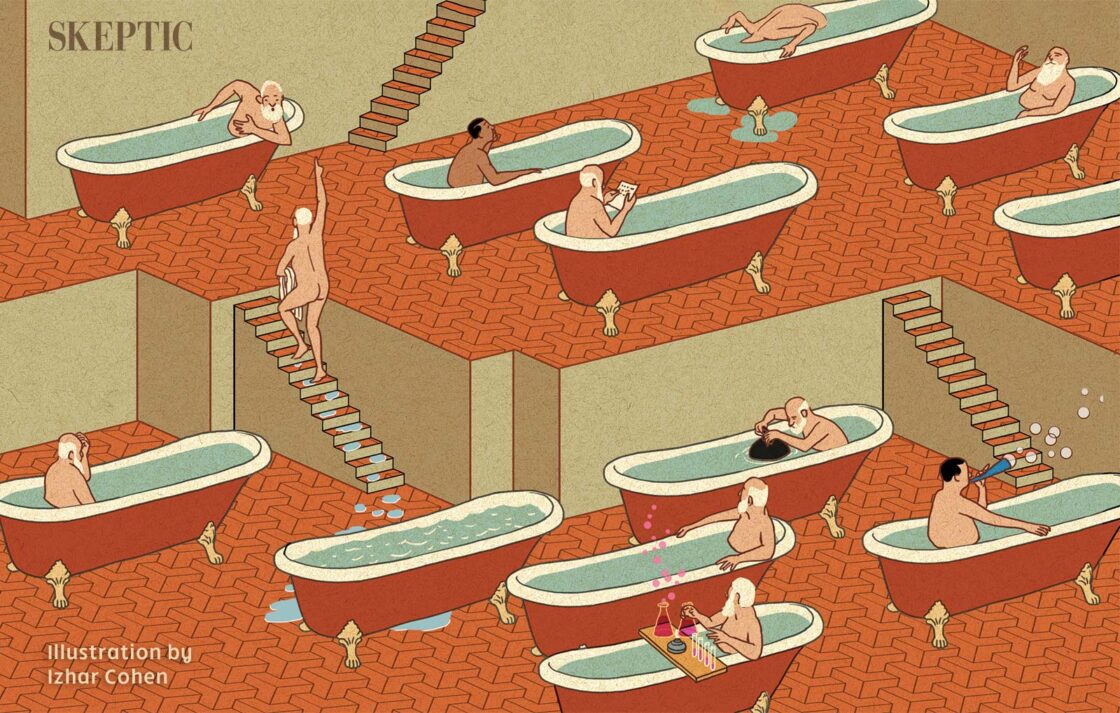
Consumers of scientific information should be skeptical of an apparent scientific consensus. Consider: How politicized is this topic? What are the career incentives for the scientists? How easy would it be for scientists to selectively report only the favorable results? Would a study have been published if it had found the opposite result or a null result? The answers to these questions will not definitively tell us whether the scientific consensus is right or wrong, but they should help us…
While many essays have addressed the social events and psychological traits that drive polarized thinking, the neural underpinnings of uncertainty and polarization are largely unknown. We know the brain processes information and makes decisions, but we know little about how politically polarized information is encoded, and even less about how attitudes about uncertainty influence that processing. Why is it important? In this article Natasha Mott explains that uncertainty may be seen as a threat, which moves individuals toward certain positions…
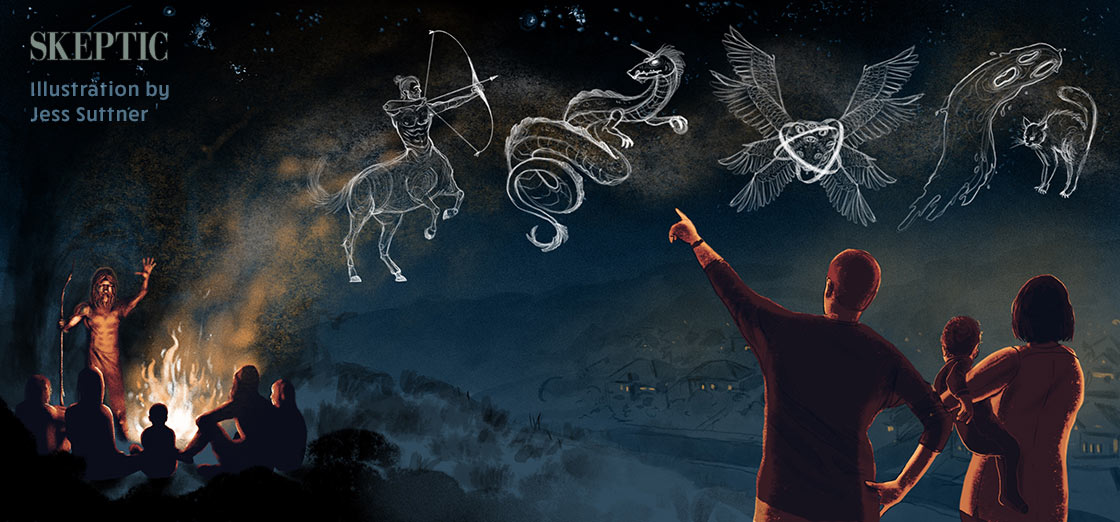
Long before science came of age in the Scientific Revolution of the 16th and 17th centuries, religion had been struggling to make sense of the world for millennia. Sometimes they got it right, but mostly they had no idea how the world works and had no systematic method to determine as much. This article explores the relationship between science and religion in terms of what was known back then and what is known now.
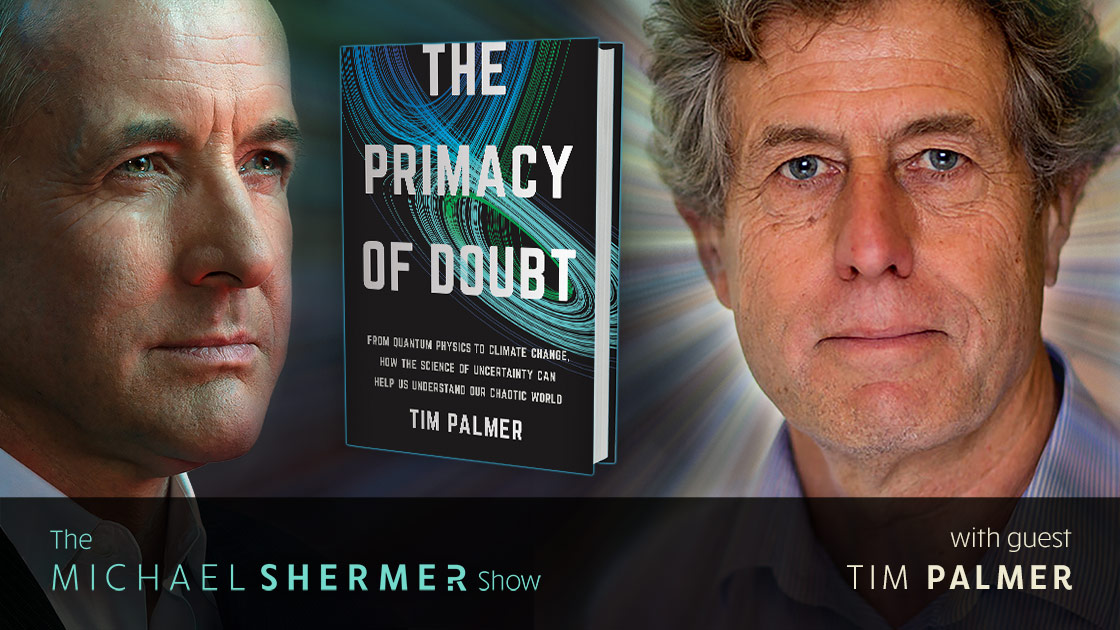
Shermer and Palmer discuss: doubt and skepticism • when doubt slides into denial • uncertainty as a measurement problem vs. inherent in natural systems • contingency and necessity, randomness and law • the butterfly effect • the geometry of chaos • quantum uncertainty • weather forecasting • climate change • pandemics • economic recessions • human decision making and creativity • free will • consciousness, and God.
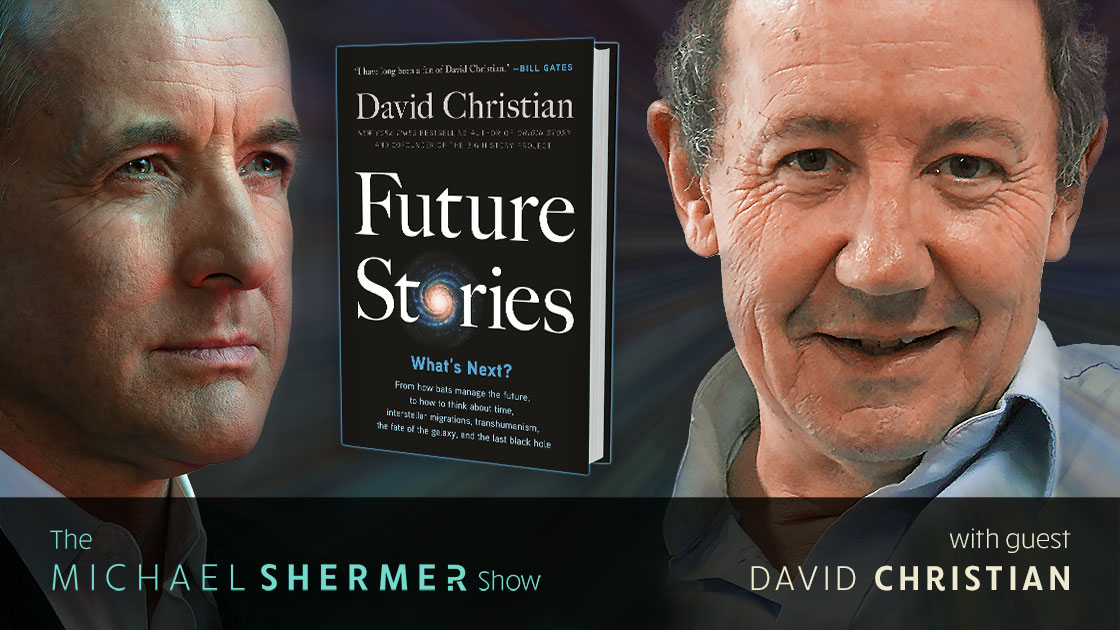
The future is uncertain, a bit spooky, possibly dangerous, maybe wonderful. We cope with this never-ending uncertainty by telling stories about the future: future stories. How do we construct those stories? Where is the future, the place where we set those stories? Can we trust our future stories? And what sort of futures do they show us? David Christian is renowned for pioneering the emerging discipline of Big History, which surveys the whole of the past. In this conversation, he…
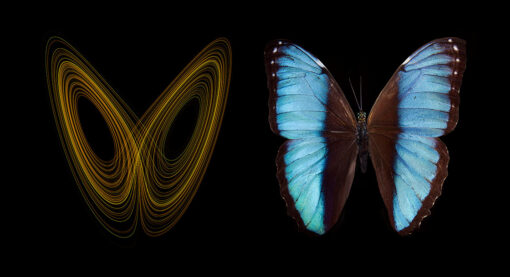
Bernard Leikind reminds us how fortunate we are to stand grounded on a foundation of scientific knowledge in the face of uncertainty.
Bernard Leikind reminds us how fortunate we are to stand grounded on a foundation of scientific knowledge in the face of uncertainty.
Culled from the expansive work of Carl Sagan, we present some of his own words on the cosmos, ETs, childhood, genes, brains, pseudoscience, science literacy, nonsense, uncertainty, biology, history and God.















